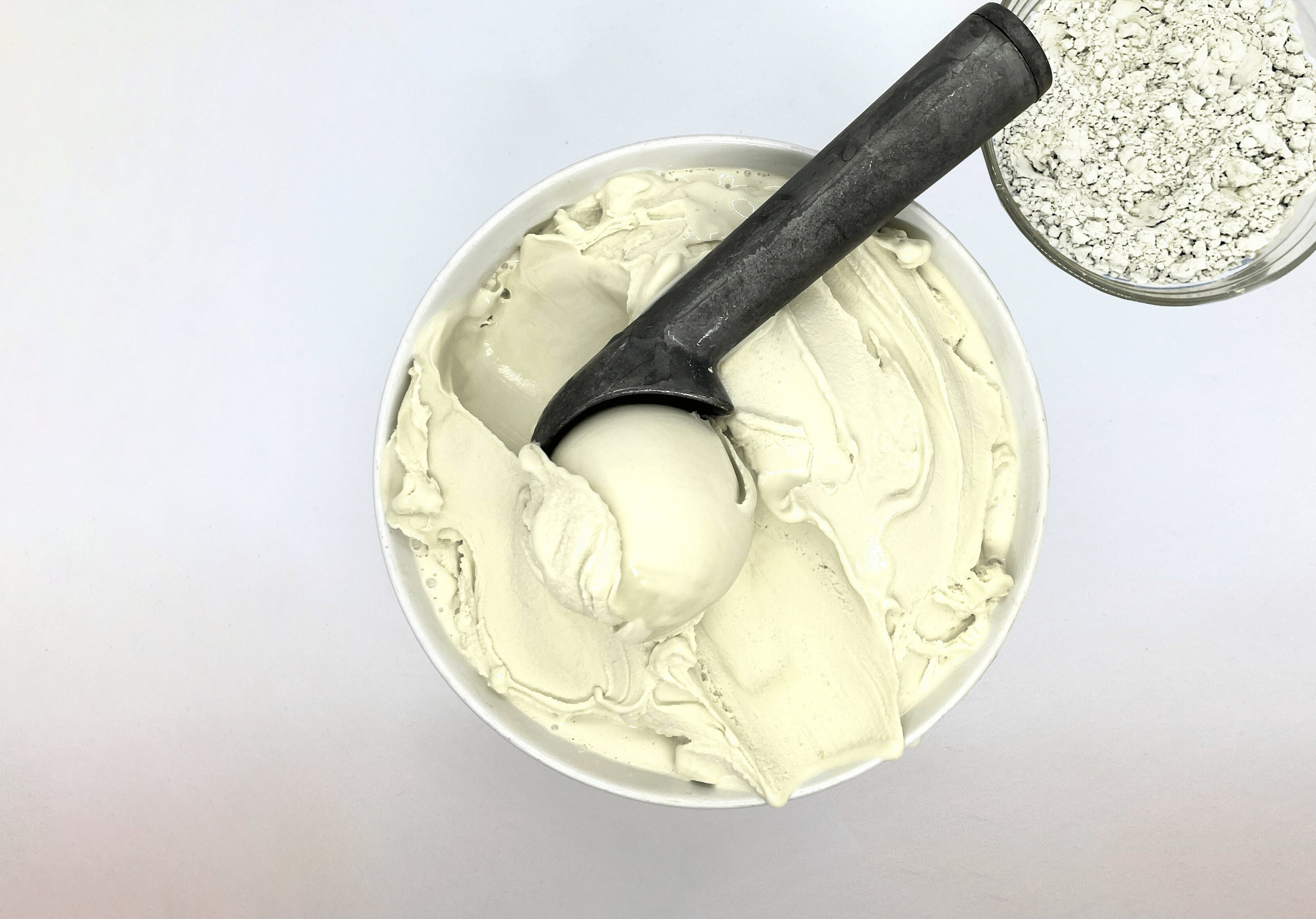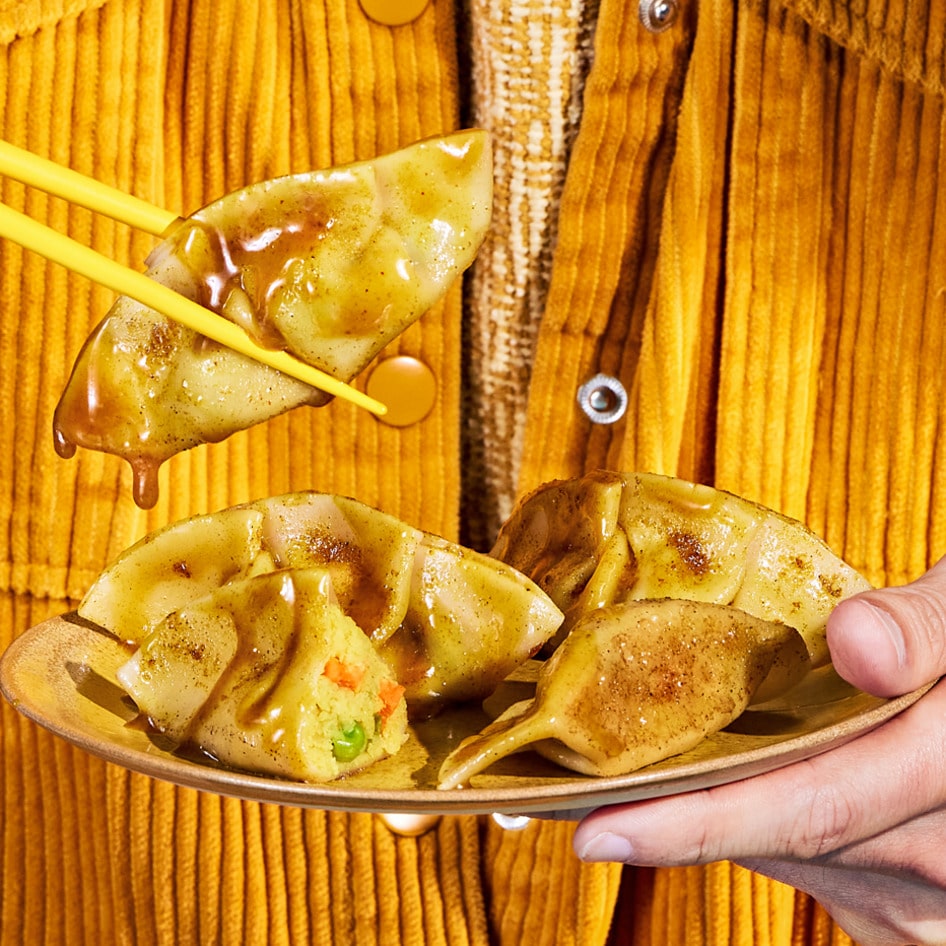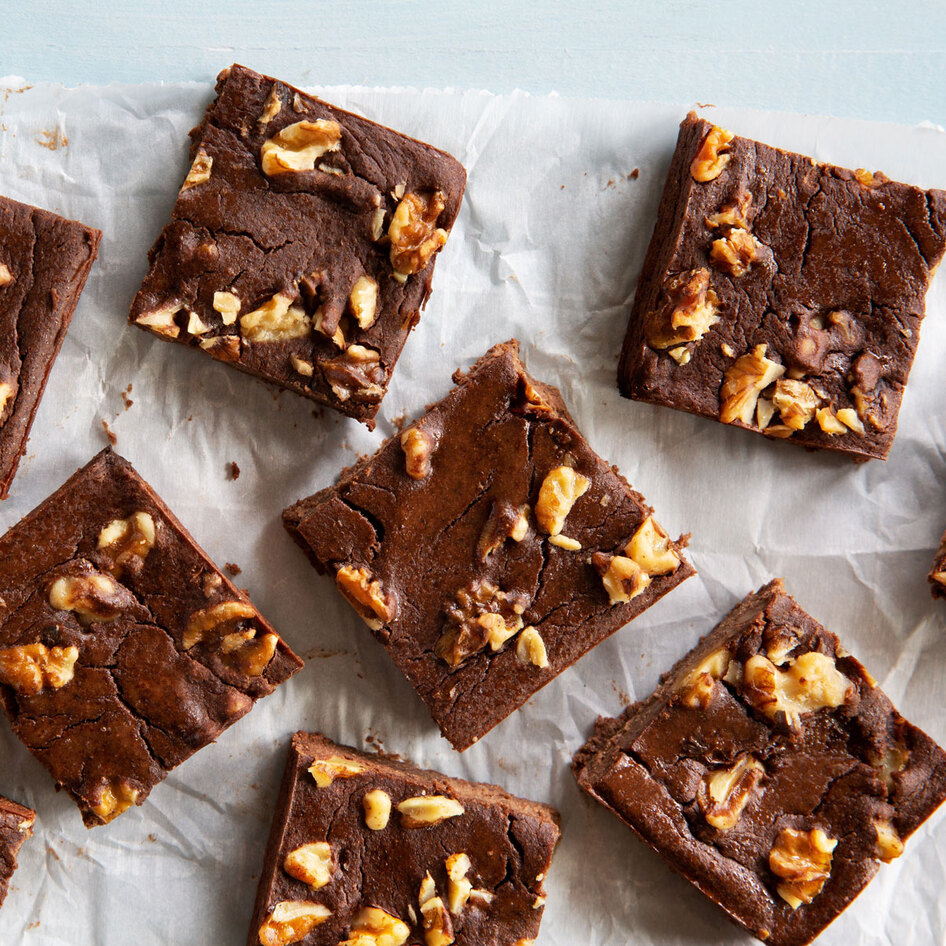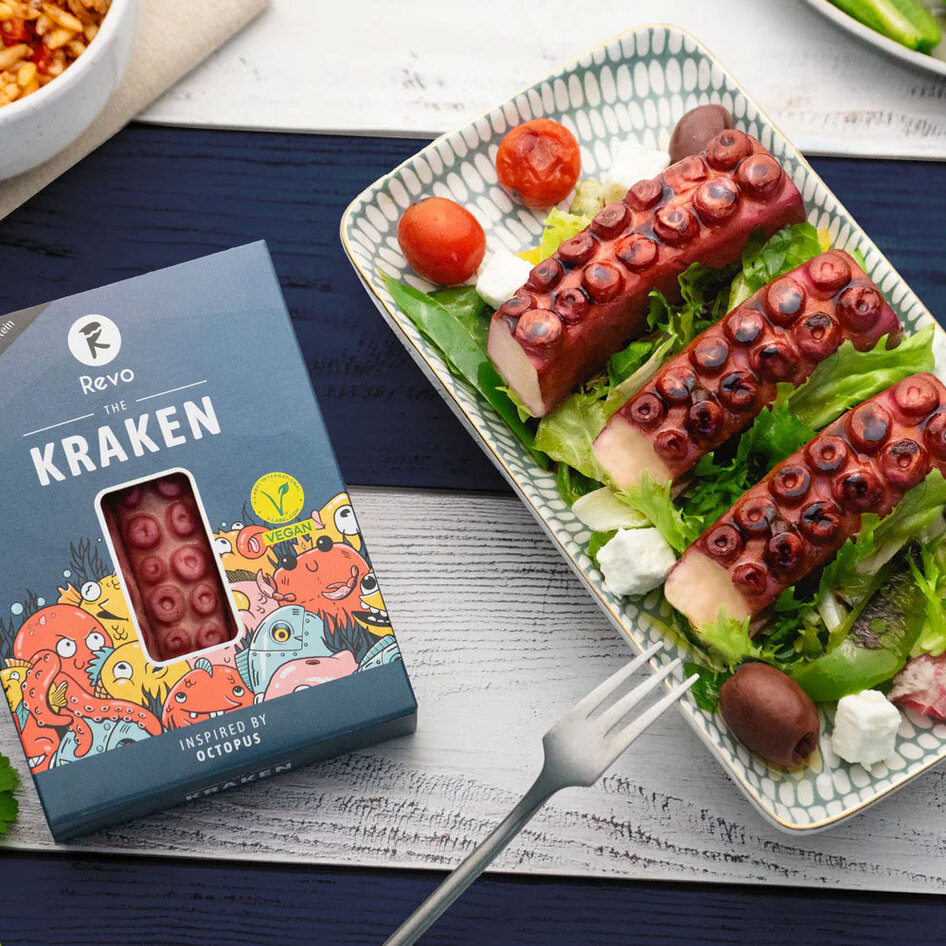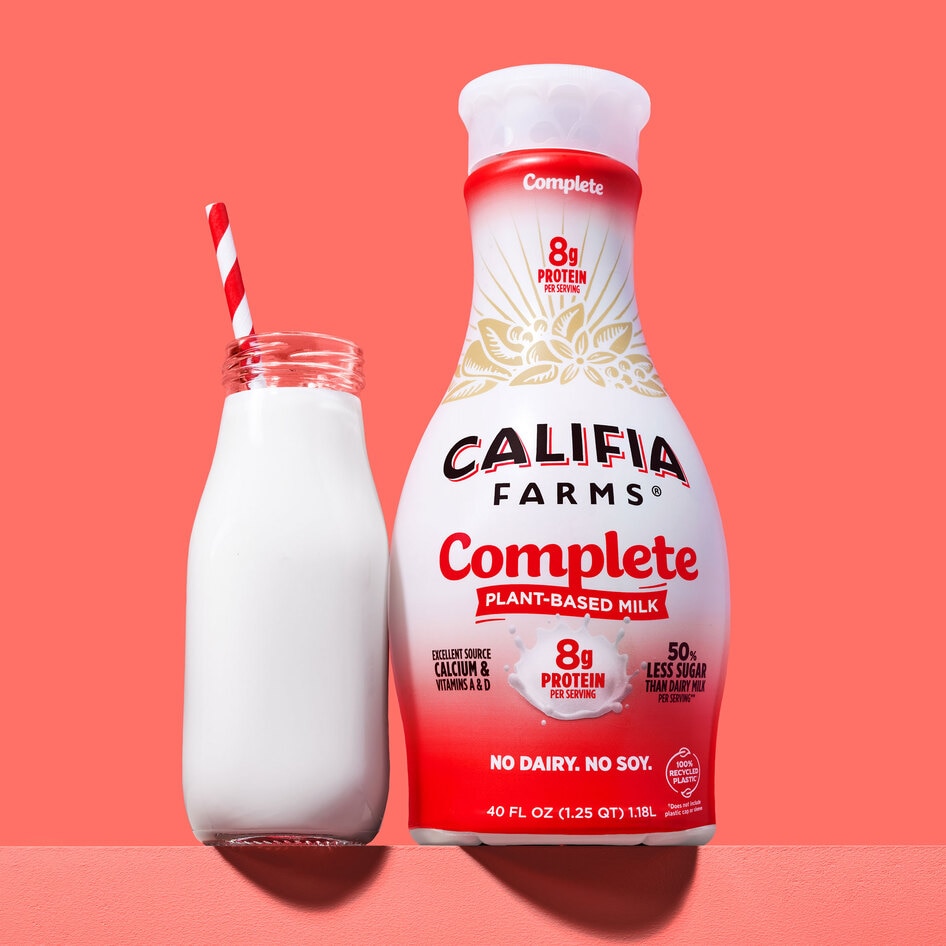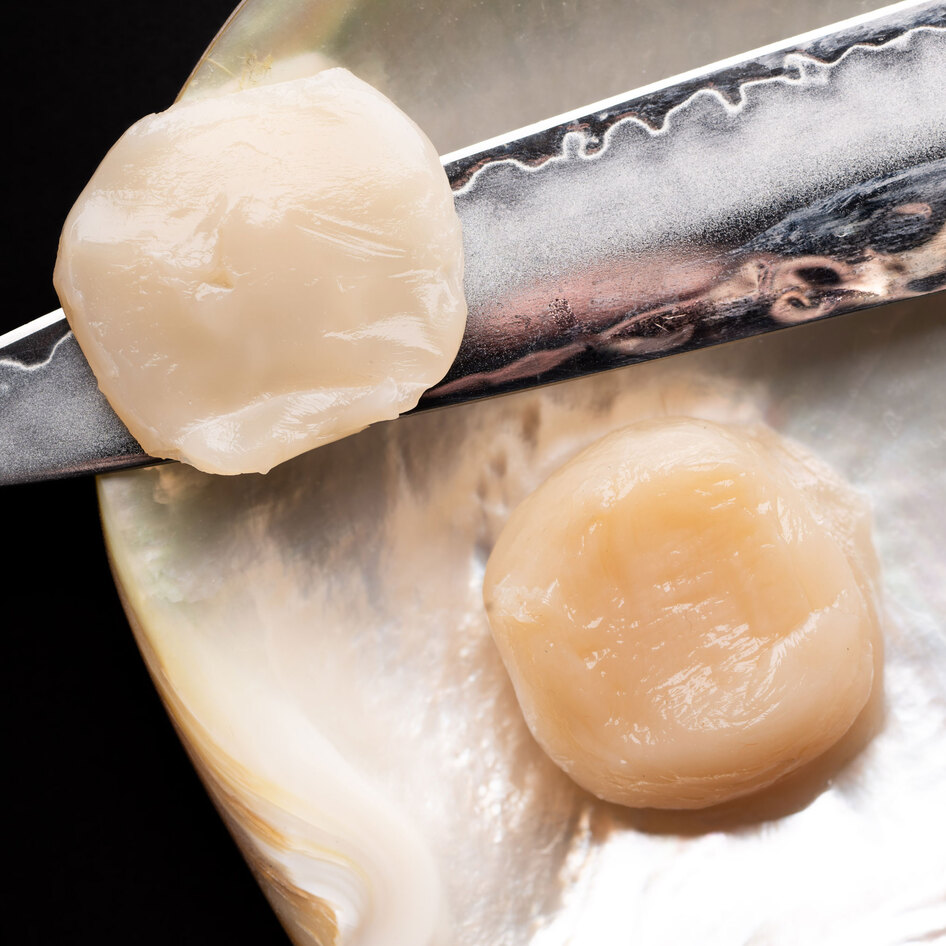Food technology company Sophie’s BioNutrients has formulated a vegan ice cream using the company’s chlorella protein that can provide more vitamin B12 and iron than dairy milk.
Setting it apart from conventional plant-based ice creams, Sophie’s algae ice cream offers a complete nutrition profile and uses functional ingredients to replicate the texture and flavors of traditional ice cream.
Additionally, the use of chlorella provides unique health benefits, which include boosting antibody counts, promoting weight loss, and helping rid the body of toxins.
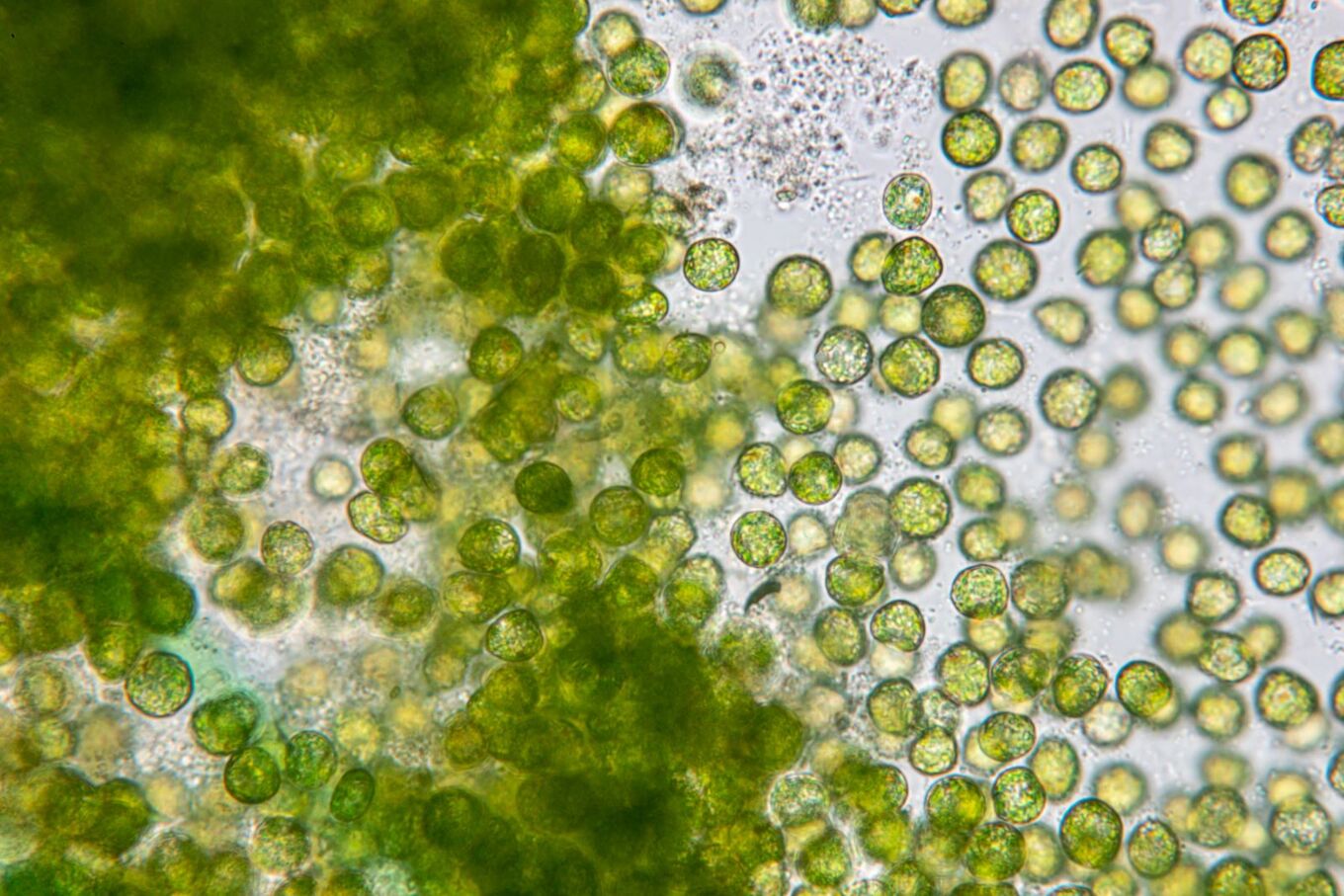 Adobe
Adobe
Sophie’s BioNutrients cultivates a neutral-hued, pure microalgae flour derived from naturally grown Chlorella vulgaris—a species of green microalgae known as phytoplankton.
Cultivated through fermentation, the ingredient has a clean taste rather than a seaweed-like flavor because it is produced in dark fermentation tanks that reduce the production of chlorophyll, making it the perfect nutritious base for ice cream.
Making vegan ice cream out of algae
To create the ice cream, Sophie’s BioNutrients collaborated with technical experts at the Danish Technological Institute (DTI). The microalgae strains used in their products have received approval from the US GRAS (Generally Recognized as Safe) and the European Food Safety Authority (EFSA) for use as food ingredients or supplements. The team conducted initial screenings of the ingredients and performed application tests to ensure the product’s quality.
“We believe microalgae is one of the most nutrient-rich and versatile resources on the planet,” Eugene Wang, Co-Founder and CEO of Sophie’s BioNutrients, said in a statement.
“Today, we have showcased another facet of the unlimited possibilities this superfood can offer—a dairy and lactose-free alternative to ice cream that surpasses most available dairy-free alternatives in terms of nutritional content,” Wang said.
Notably, a one-ounce serving of chlorella ice cream has the potential to supply double the recommended daily intake of B12, while also offering a good source of iron, which is absent in cow’s milk. Moreover, the chlorella used in the ice cream is sustainably harvested, causes no harm to animals, and leaves a significantly lower carbon footprint compared to animal agriculture.
In addition to the chlorella, the ice cream includes ingredients such as coconut oil, starch, and sugar.
“We are incredibly excited about this development in allergen-free foods and the prospect of a more inclusive dining experience,” Wang said.
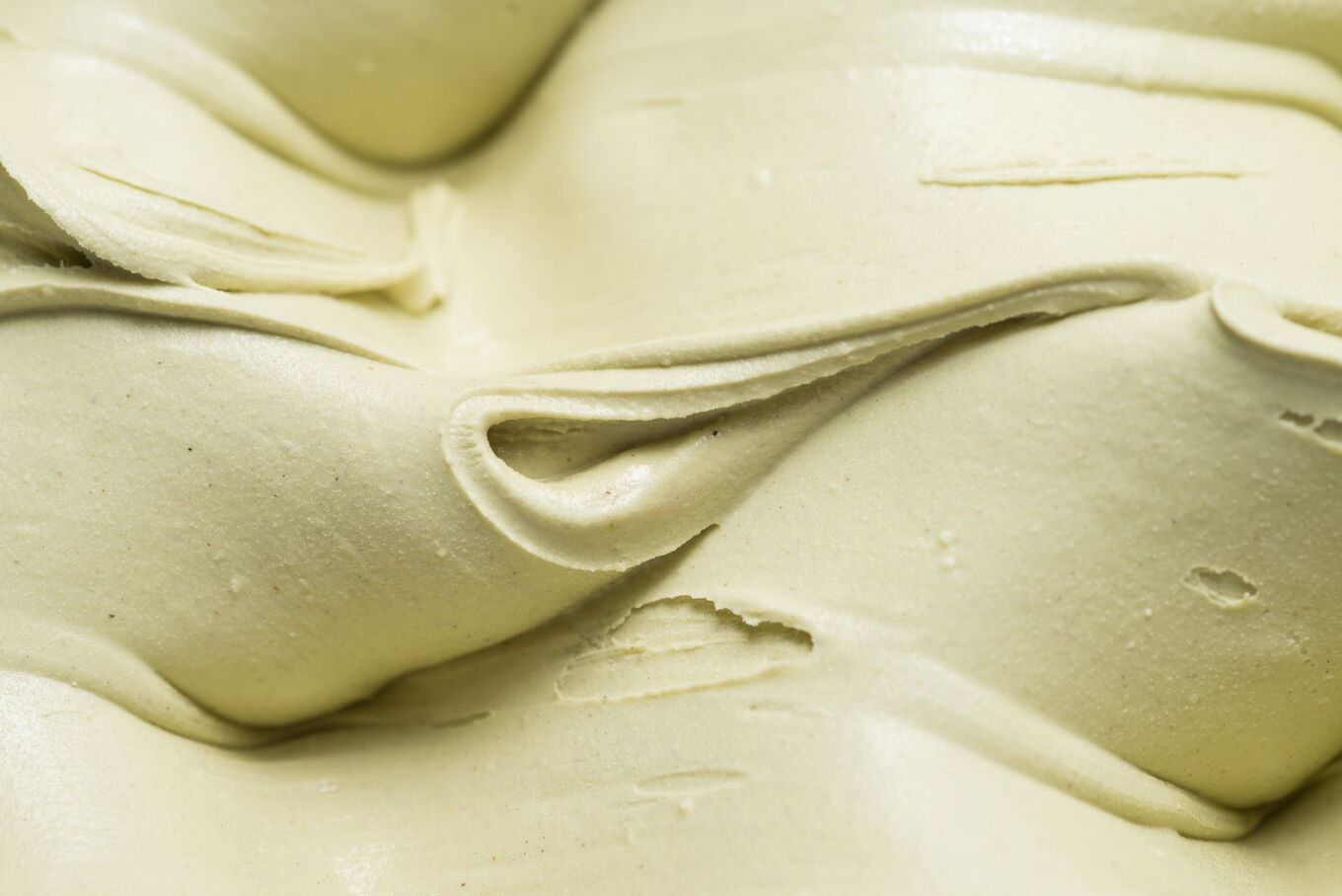 Adobe
Adobe
This latest innovation arrives at a time when global food inflation and concerns about food security have become increasingly prevalent. The rising awareness of healthy, sustainable, and cruelty-free food sources has also played a significant role in driving market demand.
According to market research firm Research and Markets, the global vegan ice cream market was valued at nearly $600 million in 2021 and is projected to reach more than $ 800 million by 2027.
Ice cream made more sustainable with microalgae
This collaboration between Sophie’s BioNutrients and the DTI showcases a significant step toward a more sustainable food future, offering consumers innovative plant-based alternatives while addressing nutritional needs and environmental concerns.
In recent years, more scientists and companies have been exploring algae as a nutrient-dense and sustainable food source for the growing population. Specifically, microalgae, which grows 10 times faster than traditional crops, could provide high amounts of nutritional protein, essential amino acids, as well as other micronutrients, such as vitamins, antioxidants, and omega-3 fatty acids.
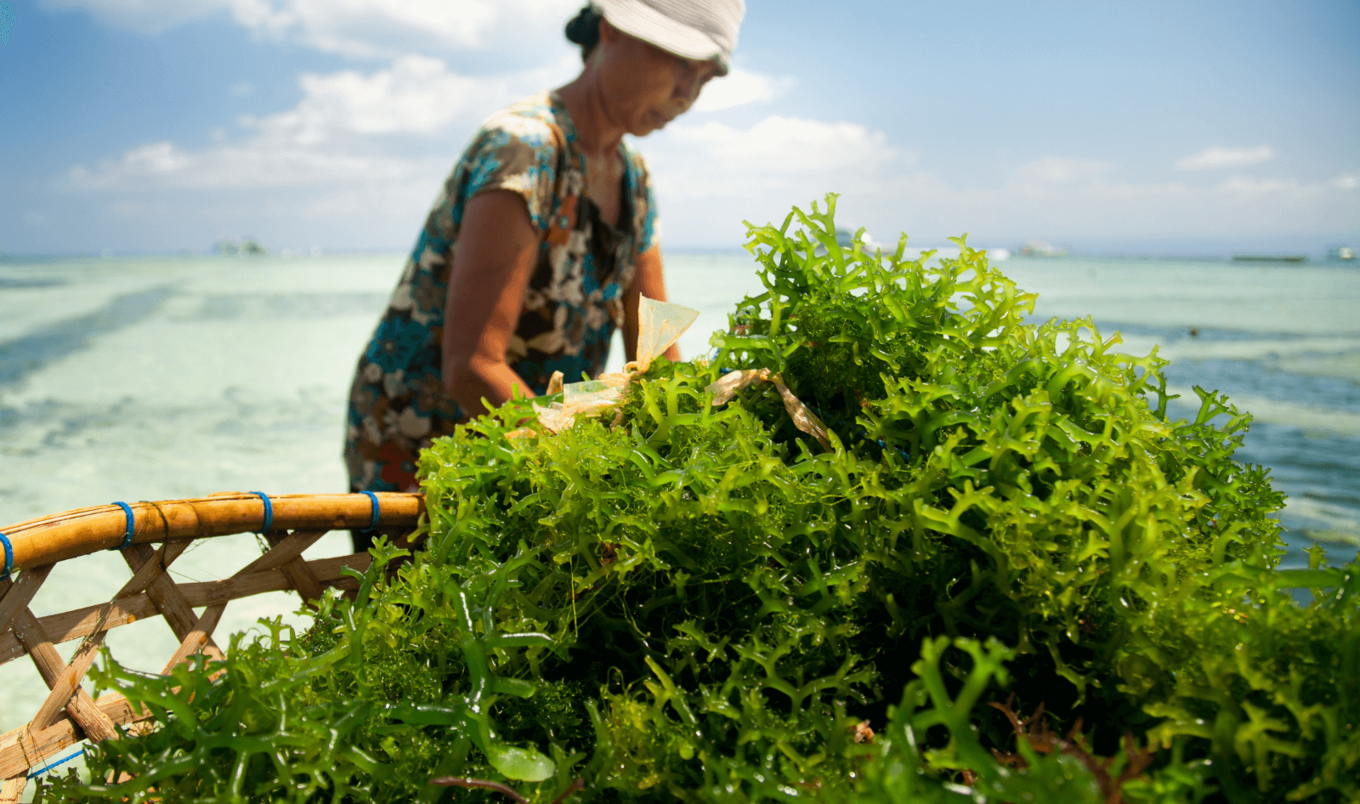 Canva
Canva
According to recent research published in peer-reviewed ocean science journal Oceanography, growing nutritious, protein-dense microalgae in onshore, seawater-fed aquaculture systems could help increase food production by more than 50 percent and feed a projected 10 billion people by 2050.
“We have an opportunity to grow food that is highly nutritious, fast-growing, and we can do it in environments where we’re not competing for other uses,” Charles Greene, Cornell University Professor Emeritus of Earth and Atmospheric Sciences and the paper’s senior author, said in a statement.
“And because we’re growing it in relatively enclosed and controlled facilities, we don’t have the same kind of environmental impacts.”
For its part, Sophie’s BioNutrients is on a mission to unleash the limitless possibilities of nature, restore the planet, and eliminate food allergies by creating plant-based, protein-rich alternatives to meat and seafood using microalgae.
“Microalgae is undoubtedly part of the future. It is a sustainable ingredient with tremendous potential across various food applications,” Anne Louise Dannesboe Nielsen, Director of Food DTI, said in a statement. “At DTI, we are witnessing a growing interest in microalgae and are enthusiastic about aiding its growth, understanding, and exploration.”
For the latest vegan news, read:
JUMP TO ... Latest News | Recipes | Guides | Health | Shop

